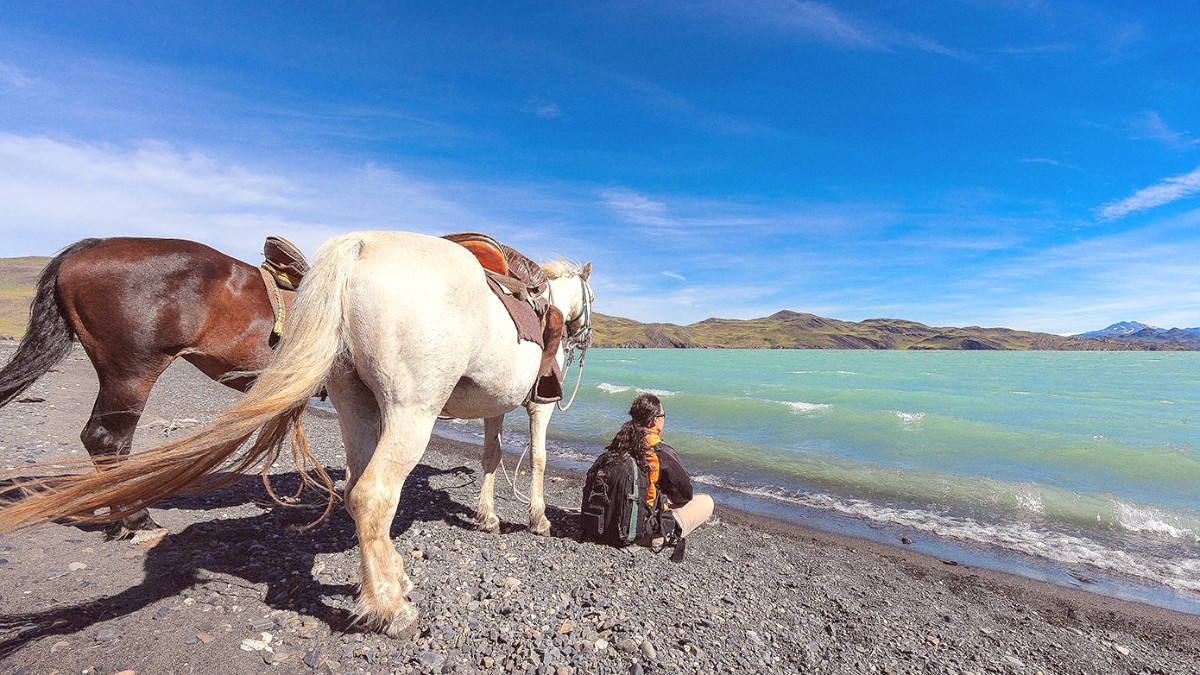
Freshly caught fish forms the backbone of the diet. Coconut, in various forms, adds a rich, creamy flavor. Breadfruit, taro, and pandanus contribute carbohydrates.
Cooking methods are simple: baking in an earth oven (umu), grilling over open fires, or boiling. Flavors are natural, from the freshness of ingredients.
Tokelau has no fine dining, mid-range, or budget restaurants. No street food culture exists.
Your dining experience centers on meals prepared and shared by your homestay family.
Small shops may carry basic packaged goods, not fresh produce or prepared meals.
Prepared simply, often grilled or baked, showing natural flavors.
The backbone of the Tokelauan diet.
Common preparations include 'Oka' (raw fish marinated in coconut cream).
Coconut flavor is central to many meals.
Cooked in an umu (earth oven) until soft and starchy.
Staple carbohydrates in the local diet.
A staple, refreshing drink, directly from the coconut.
A non-alcoholic, traditional ceremonial drink consumed during formal gatherings.
Variations between the three atolls are minimal. Differences relate to availability of specific fish or produce.
Special earth oven (umu) preparations mark community events or festivals.
No formal "farms." Produce grows on a small scale near homes. Fishing is a daily activity.
Dining centers entirely around the home and community, providing a genuine experience.
Communal eating of freshly prepared local foods is the norm.
This experience connects you directly with the culture and its culinary traditions.
A unique and authentic dining encounter.
Communicate needs to Liaison Office.
Highly advised for strict diets.
No specialized food products on atolls.
Managing complex allergies is difficult.
No formal classes; learning by observation and participation.
Witness crafting like mat weaving or food preparation.
Food features centrally in community gatherings and festivals.
Experience communal feasts if visit coincides with events.
International food options are not available. The diet is strictly local.
Variations between the three atolls are minimal in terms of culinary style.
No formal classes exist. Cultural learning happens through observation and participation in daily life.
Participation depends on your timing. Major events include Te Maeva Lua (Tokelau's national day celebrations).
The entire visitor program is community-based, integrating visitors into homestays and village life.
Central to large community feasts and celebrations.
Slow-cooked fish and root crops.
An opportunity to participate in significant cultural events.
Often feature special umu preparations.
All meals will be provided by your host family, deeply integrating you into local life.
Expect a diet rich in freshly caught fish, coconut, and available root crops.
Specific dietary needs are difficult to accommodate. Inform hosts in advance and bring supplements.
Engage with your hosts during meals. This forms a significant part of the cultural experience. You might observe how food preparation occurs.